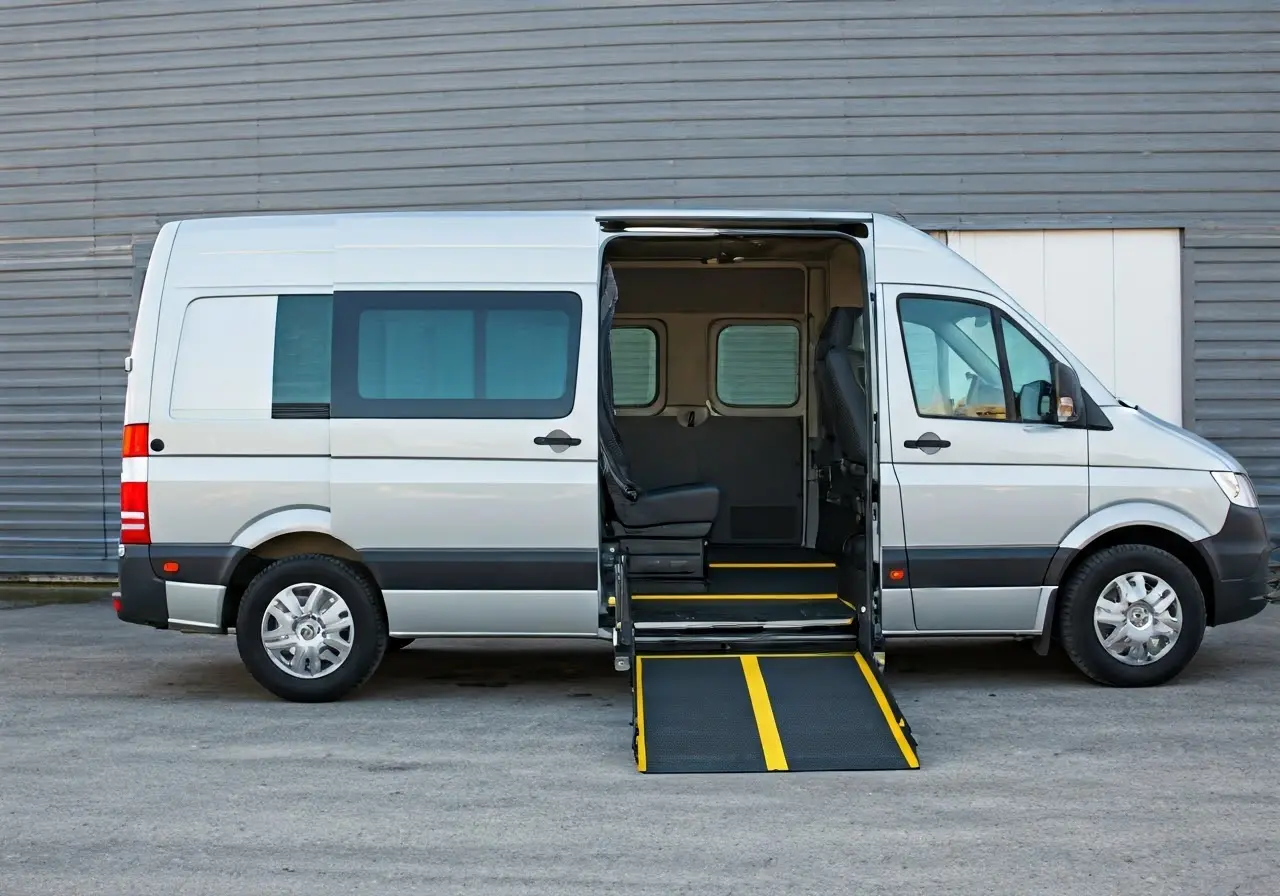Arranging transportation for someone who uses a wheelchair involves more than just ensuring a ride from point A to point B. It’s crucial to understand the qualifications of the person who will be driving. In this FAQ, we delve into whether wheelchair transport drivers receive special training and what that training might entail.
Do Wheelchair Transport Drivers Receive Special Training?
Yes, many companies require drivers to undergo specific training. This training focuses on both the technical aspects of operating wheelchair-accessible vehicles and understanding the needs of individuals with mobility challenges.
The role of a wheelchair transport driver extends beyond that of a typical driver. It requires a unique set of skills and a deep understanding of safety protocols. Companies invest in their drivers to ensure they are well-prepared for any situation that might arise during transport.
Special training prepares drivers to handle the specific requirements and equipment associated with wheelchair transport. It ensures that the transport process is smooth and that passengers feel respected and cared for throughout the journey.
What Does the Training Typically Include?
Training often includes instruction on proper securement techniques for wheelchairs, operation of lifts and ramps, and managing emergencies. Additionally, drivers learn effective communication skills and customer service suited for individuals with disabilities.
Drivers are taught the mechanics of various wheelchair tie-downs and locking systems to ensure the passenger’s safety during transit. Techniques for using automatic and manual wheelchair lifts are also a critical component of their training.
Moreover, sensitivity training is emphasized, educating drivers about empathic communication and how to address passengers with the respect and dignity they deserve. This part of the training aims to make the journey not just safe but also comfortable and pleasant for every passenger.
In some cases, companies may also provide first-aid and CPR training. This equips drivers to respond effectively to any unexpected health emergencies.
Why is this Training Important?
This specialized training ensures that drivers can provide safe and comfortable transport. Proper training reduces the risk of accidents and enhances the overall reliability of the service offered to wheelchair users.
Consider the scenario where a non-trained driver might mishandle securement equipment, leading to potential accidents during transport. Well-trained drivers act as a safeguard against such risks, guaranteeing a more secure journey for the passenger.
The training instills confidence in both drivers and passengers, knowing that all possible precautions have been taken. It also builds trust with family members who are reassured that their loved ones are in capable hands.
Furthermore, trained drivers ensure that the quality and standards of the service remain consistently high, creating a positive reputation for the transport company.
How to Choose a Trained Wheelchair Transport Driver?
When selecting a service, inquire about the training protocols they adhere to. Look for companies that emphasize comprehensive training programs and have positive reviews from other wheelchair users.
It is wise to ask direct questions about the driver’s experience and training background. Companies that invest in their drivers will be transparent about their programs and happy to discuss how they ensure driver competence.
Look for testimonials and feedback from other customers. Positive reviews are often indicative of a company’s commitment to high standards of safety and service quality.
If possible, request to see accreditations or certifications the drivers might have. They are added assurance that the service meets industry standards.
Understanding the Importance of Training for Wheelchair Transport Drivers
In summary, wheelchair transport drivers often undergo specialized training to ensure safe and comfortable journeys for passengers with unique mobility needs. This training not only covers vehicle operation but also emphasizes the importance of empathy, communication, and safety standards. When choosing a wheelchair transport service, understanding this training can provide peace of mind and ensure a positive experience.

